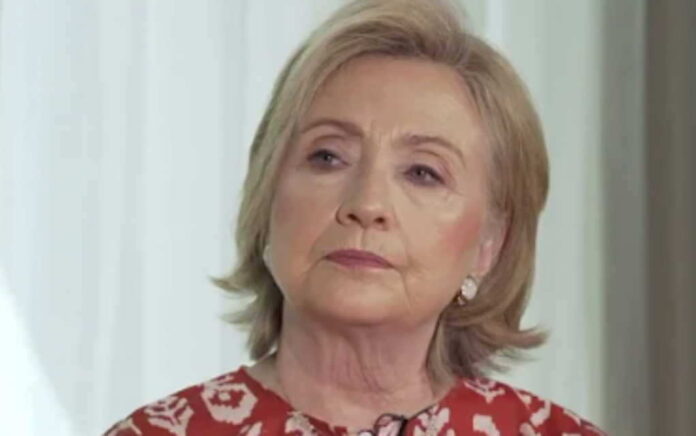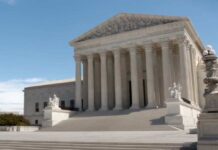
Many Leftists want the former first lady to make a political comeback. Now she’s back in the headlines with major campaign news.
And this Hillary Clinton campaign announcement has sent shockwaves across Washington, D.C.
In a significant ruling this week, a federal appeals court declared that Hillary Clinton’s 2016 campaign and the liberal super PAC Correct the Record violated federal election regulations through their overt coordination in a multimillion-dollar effort to support Clinton’s campaign against Donald Trump.
The U.S. Court of Appeals for the District of Columbia Circuit found that Clinton and Correct the Record had improperly leveraged an “internet exemption” to circumvent other restrictions.
This allowed them to establish a “Benghazi Hearing War Room” and conduct aggressive campaigns against critics without reporting these actions as campaign expenses.
Despite this ruling, neither Clinton nor Correct the Record founder David Brock will face penalties. Instead, the court criticized the Federal Election Commission (FEC) for failing to investigate a complaint regarding the spending.
The case has been sent back to the FEC to address the exemption issue.
“We hold that the Commission acted contrary to law in dismissing the complaint. Because we conclude that the internet exemption cannot be read to exempt from disclosure those expenditures that are only tangentially related to an eventual internet message or post, the Commission’s reading of the internet exemption stretches it beyond lawful limits,” the court stated.
FEC Chairman Sean Cooksey acknowledged the court’s decision, expressing his commitment to maintaining a robust exemption for online political activities.
“Following the D.C. Circuit’s decision today, my colleagues and I will carefully review the court’s opinion and consider next steps, including whether to seek review in the Supreme Court. Regardless, I will continue to fight for internet freedom at the FEC and a robust regulatory exemption for political activities online, consistent with the law,” he said.
This case stems from the 2016 campaign when Brock formed his group and publicly declared his intention to coordinate with the Clinton campaign, seemingly in violation of rules against PAC and candidate coordination. However, Correct the Record claimed they were operating under a 2006 FEC “internet exemption,” which they believed allowed them to bypass these rules by conducting their activities online.
The appeals court determined that Brock overstepped these boundaries and that Clinton’s campaign should have reported the spending as a donation. Brock’s group reportedly spent $5.95 million, concealing these expenses under the Internet exemption, which was initially designed to protect online political commentary and small-scale support for candidates.
The court criticized the FEC’s broad interpretation of the internet exemption, which included expenditures on polls, staff, and rent for Correct the Record.
“The internet exception was never intended as a [Federal Election Campaign Act]-swallowing loophole enabling political committees to launder all their coordinated expenditures via unpaid internet postings,” the court noted.
The spending and coordination were challenged by the Washington-based Campaign Legal Center after the FEC deadlocked on whether to investigate the case. At that time, the six-member commission was short by two commissioners.
By sending the issue back to the FEC, the court preserved the internet exemption for now, a move that pleased former FEC Chairman Lee Goodman, a long-time advocate for the exemption to protect online political discourse.
“It did appear that the Clinton campaign and Correct the Record tried to place too much weight and force too many far-flung political activities, onto the internet exemption,” Goodman told Secrets. “The entire internet exemption was at risk under that kind of weight, but the court preserved the internet exemption. So the most important result of this court decision is that the internet exemption remains intact for organizations to speak freely on the internet.”
Goodman also endorsed setting limits on internet-related spending to prevent well-funded super PACs from exploiting the exemption to hide coordinated attacks.
“The court sent the matter back to the commission to clarify which input costs are directly related to the production and dissemination of free internet communications, like staff time and production costs, versus costs that are only tangentially related to internet communications. I’m confident the commission can draw reasonable distinctions and provide clear guidance to protect free speech on the internet,” he stated.
Stay tuned to The Federalist Wire.



















